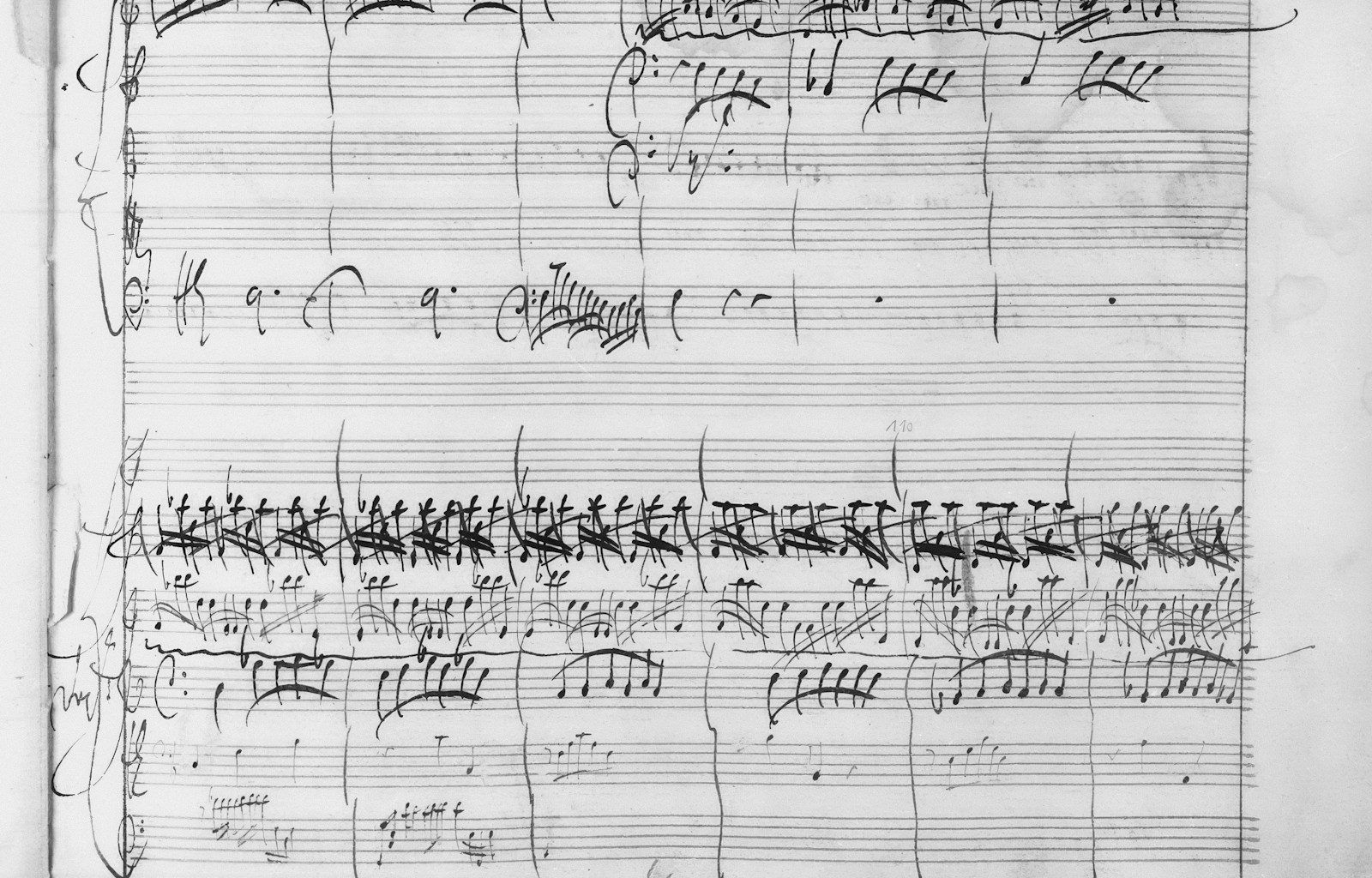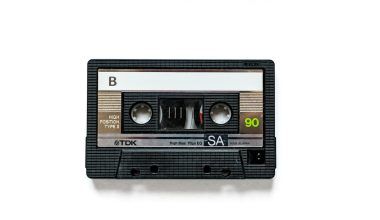Remixes are a great way to showcase your creativity as an artist. Whether you’re an independent DJ or a budding producer, remixing tracks allows you to put your unique spin on existing music. But here’s the exciting part: you can actually monetize your remix on iTunes even if you’re not signed to a record label. Yes, you read that right! Let’s dive into how you can achieve this and start earning revenue from your remixes.
Why Monetizing Remixes Matters
For independent artists, remixes are a gateway to building an audience and showcasing versatility. But beyond the creative benefits, remixes offer financial opportunities. Platforms like iTunes allow you to sell your music globally, giving you access to a vast audience. Monetizing remixes also helps you:
- Build credibility as an artist.
- Earn passive income.
- Gain exposure to new listeners.
The best part is that you don’t need a label to get started. With the right approach, you can manage everything independently.
Understanding Copyright for Remixes
Before diving into the monetization process, it’s essential to understand the copyright rules surrounding remixes. Every original song is protected by copyright, so remixing a track without permission could land you in legal trouble. To avoid this, you need to:
- Obtain a License: Get the rights to remix the song from the original copyright holder.
- Clear the Publishing Rights: Ensure that the composition rights are cleared.
- Work With a Distributor: Use a distributor that specializes in remix rights.
Having these steps in place ensures your remix is legal and ready for monetization on platforms like iTunes.
Finding the Right Distribution Platform
Distribution platforms play a crucial role in getting your music onto iTunes. Many platforms cater to independent artists and even offer services to clear remix rights. Look for distributors that:
- Allow you to upload remixes legally.
- Help with licensing and royalty management.
- Provide detailed analytics to track your sales.
Some popular options include Deliver My Tune, CD Baby, and DistroKid. These platforms simplify the process and make it easier for you to focus on your music.
Creating a Remix That Stands Out
To monetize your remix, it’s crucial to create something that resonates with listeners. A remix should maintain the essence of the original track while adding your unique touch. Here’s how you can create a standout remix:
- Understand the Original Track: Familiarize yourself with the mood, tempo, and key elements of the song.
- Experiment With Styles: Don’t be afraid to mix genres or try unconventional arrangements.
- Focus on Quality: Use professional software and ensure your remix is well-mixed and mastered.
- Test With Listeners: Share your remix with friends or a small group of fans for feedback.
A polished remix is more likely to attract buyers on iTunes, boosting your chances of success.
Setting Up Your iTunes Account
Once your remix is ready, the next step is setting up your iTunes account. Here’s how you can do it:
- Sign Up With Your Distributor: Choose a distributor that partners with iTunes.
- Upload Your Remix: Follow the platform’s guidelines to upload your track.
- Set Pricing: Decide on the price of your remix. Most distributors allow you to set your price within a range.
- Provide Metadata: Add details like the track title, artist name, and genre. Make sure everything is accurate and professional.
Promoting Your Remix on iTunes
Uploading your remix is just the beginning. To drive sales, you’ll need a solid promotional strategy. Here are some effective ways to market your remix:
- Leverage Social Media: Share snippets of your remix on platforms like Instagram, TikTok, and Twitter.
- Collaborate With Influencers: Reach out to DJs, bloggers, or influencers who can promote your remix.
- Run Targeted Ads: Use Facebook and Instagram ads to target fans of the original track or genre.
- Email Marketing: Build an email list and notify your subscribers about your new release.
- Use Playlists: Submit your remix to popular playlists on Apple Music and other platforms.
Consistency is key. The more effort you put into promotion, the better your chances of reaching a wider audience.
Managing Your Royalties
One of the biggest advantages of monetizing your remix on iTunes is earning royalties. Here’s how royalty management works:
- Mechanical Royalties: Earned whenever your remix is sold or downloaded.
- Performance Royalties: Earned when your remix is played on radio, TV, or in public spaces.
- Sync Licensing: If your remix is used in commercials, movies, or TV shows, you earn additional royalties.
Most distributors will handle royalty collection for you, ensuring you get paid on time.
Overcoming Challenges as an Independent Artist
Monetizing your remix without a label can feel overwhelming, but it’s entirely possible with persistence. Here are some common challenges and how to overcome them:
- Licensing Issues: Work with a distributor that provides licensing support.
- Limited Budget: Focus on organic promotion methods like social media and collaborations.
- Building an Audience: Engage with fans regularly and create high-quality content.
Remember, every successful artist started somewhere. Stay consistent, and your efforts will pay off.
Final Thoughts
Monetizing your remix on iTunes without a label is an achievable goal. With the right strategy, you can turn your passion for remixing into a profitable venture. Start by understanding copyright laws, choosing a reliable distributor, and creating a high-quality remix. From there, focus on promotion and royalty management to maximize your earnings.
So, what are you waiting for? Dive into the world of remixing and let your creativity shine. With persistence and the right tools, you can carve out your space in the music industry.
For further reading, explore these related articles:
- Unlock a World of Music with Wynk Premium Subscription
- How to Use a Song Finder by Sound to Discover Music Effortlessly
For additional resources on music marketing and distribution, visit DMT Records Private Limited.






